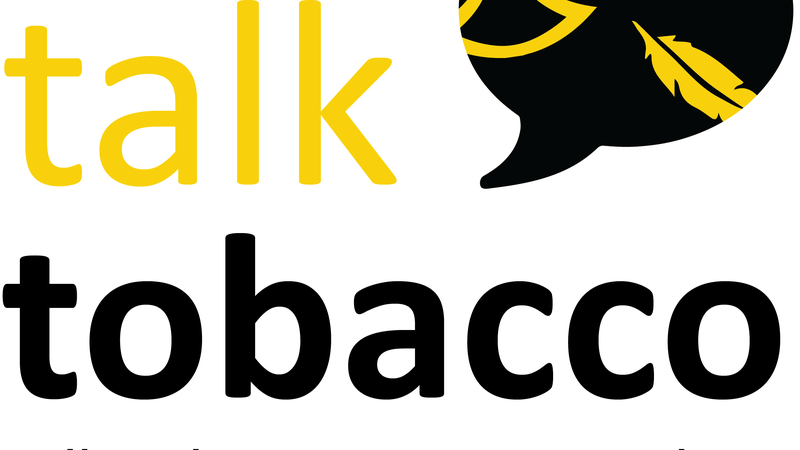
Governments of Canada and Saskatchewan Invest $35 Million for Tuition Free Early Childhood Education Training
In Saskatchewan over the next two years nearly $35 million will be invested to continue to deliver tuition-free early childhood educator (ECE) training, professional development and student financial support.
Through the Canada-Saskatchewan Canada-Wide Early Learning and Child Care Agreement, up to $16.5 million in the 2024-25 academic year and up to $18.4 million in the 2025-26 academic year will be directed toward opportunities to support ECE skills and knowledge.
The additional funding will create more than 4,000 tuition-free training seats over two years. This will allow current and future educators to advance or start their career in early childhood education and obtain their ECE Certification Level I, II or III. The investment also supports more than 5,300 professional development seats, helping educators gain knowledge to excel in their roles.
“We are responding to the needs of the early years sector with tangible actions that allow us to continue recruiting and retaining certified early childhood educators,” Education Minister Jeremy Cockrill said. “Trained early childhood educators play an important role in providing high-quality early learning and child care programs in our province.”



